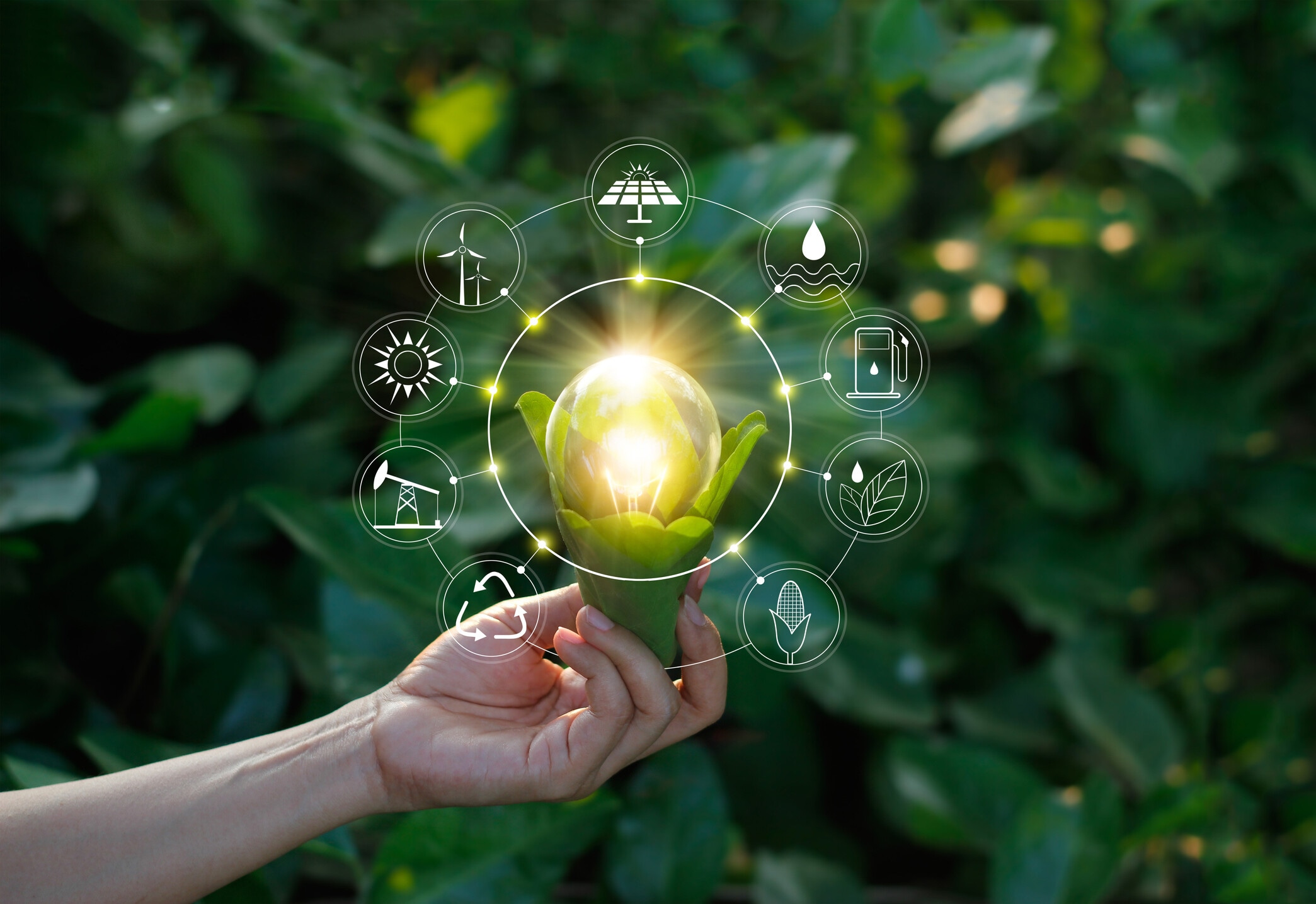Charted: Where does the US lithium battery supply come from?

Lithium-ion batteries power many everyday products such as laptops, phones and cameras. Image: UNSPLASH/Maxim Ilyahov glvrdru

Get involved with our crowdsourced digital platform to deliver impact at scale
Stay up to date:
United States
- Lithium-ion batteries are coming under scrutiny after causing a series of fires.
- The US gets most of its lithium-ion batteries from China, and also sources large volumes from South Korea and Japan.
- But there is a huge, unregulated market for battery packs in the US, which poses a challenge to regulators and a threat to consumers.
After a string of fires caused by batteries of electric scooters and bicycles, lithium-ion batteries have come under scrutiny once again. The batteries, which power many everyday products such as laptops, phones and cameras, are generally considered safe as long as they’re properly manufactured, don’t have any defects and aren’t mistreated or tampered with. And while batteries used in smartphones and other gadgets are relatively small and rarely subject to extreme forces, lithium-ion batteries used in e-bikes and e-scooters are many times larger and more prone to damages.
Another problem is quality control and compliance with safety standards. “After Covid started, scooter use went dramatically up, especially in places like New York City, for deliveries,” Steve Kerber, vice president and executive director of Underwriters Laboratory’s Fire Safety Research Institute said. “People started to get overcharged for them and turned to manufacturers which happened to have lower quality control with the battery systems. The quality manufacturers are not having issues,” Kerber added, recommending to buy certified scooters and e-bikes from reputable brands and/or retailers.
There is a huge, unregulated market for battery packs, however, posing a challenge to regulators and a threat to consumers. The United States imports hundreds of millions of lithium-ion batteries each year, with the volume ever increasing. According to data extracted from the UN Comtrade Database, China accounted for the vast majority of U.S. battery imports last year, with a total trade value of $9.3 billion. South Korea and Japan are also popular sources with batteries worth $1.3 and $1.0 billion imported to the U.S. in 2022. The total import value of lithium-ion batteries nearly tripled since 2020, reaching $13.9 billion last year.

Don't miss any update on this topic
Create a free account and access your personalized content collection with our latest publications and analyses.
License and Republishing
World Economic Forum articles may be republished in accordance with the Creative Commons Attribution-NonCommercial-NoDerivatives 4.0 International Public License, and in accordance with our Terms of Use.
The views expressed in this article are those of the author alone and not the World Economic Forum.
Related topics:
The Agenda Weekly
A weekly update of the most important issues driving the global agenda
You can unsubscribe at any time using the link in our emails. For more details, review our privacy policy.
More on Emerging TechnologiesSee all
Thomas Beckley and Ross Genovese
April 25, 2024
Robin Pomeroy
April 25, 2024
Beena Ammanath
April 25, 2024
Vincenzo Ventricelli
April 25, 2024
Muath Alduhishy
April 25, 2024
Agustina Callegari and Daniel Dobrygowski
April 24, 2024






